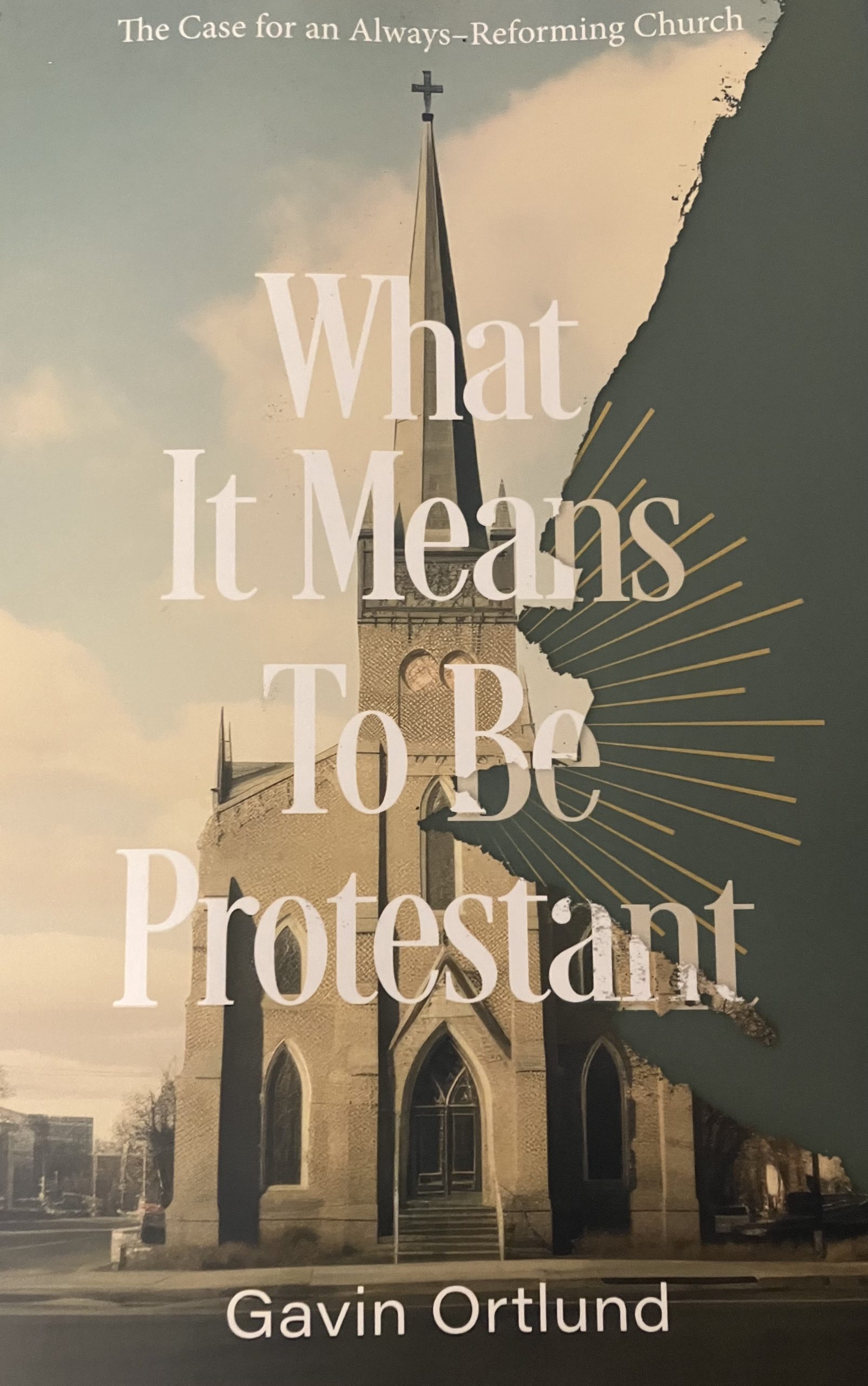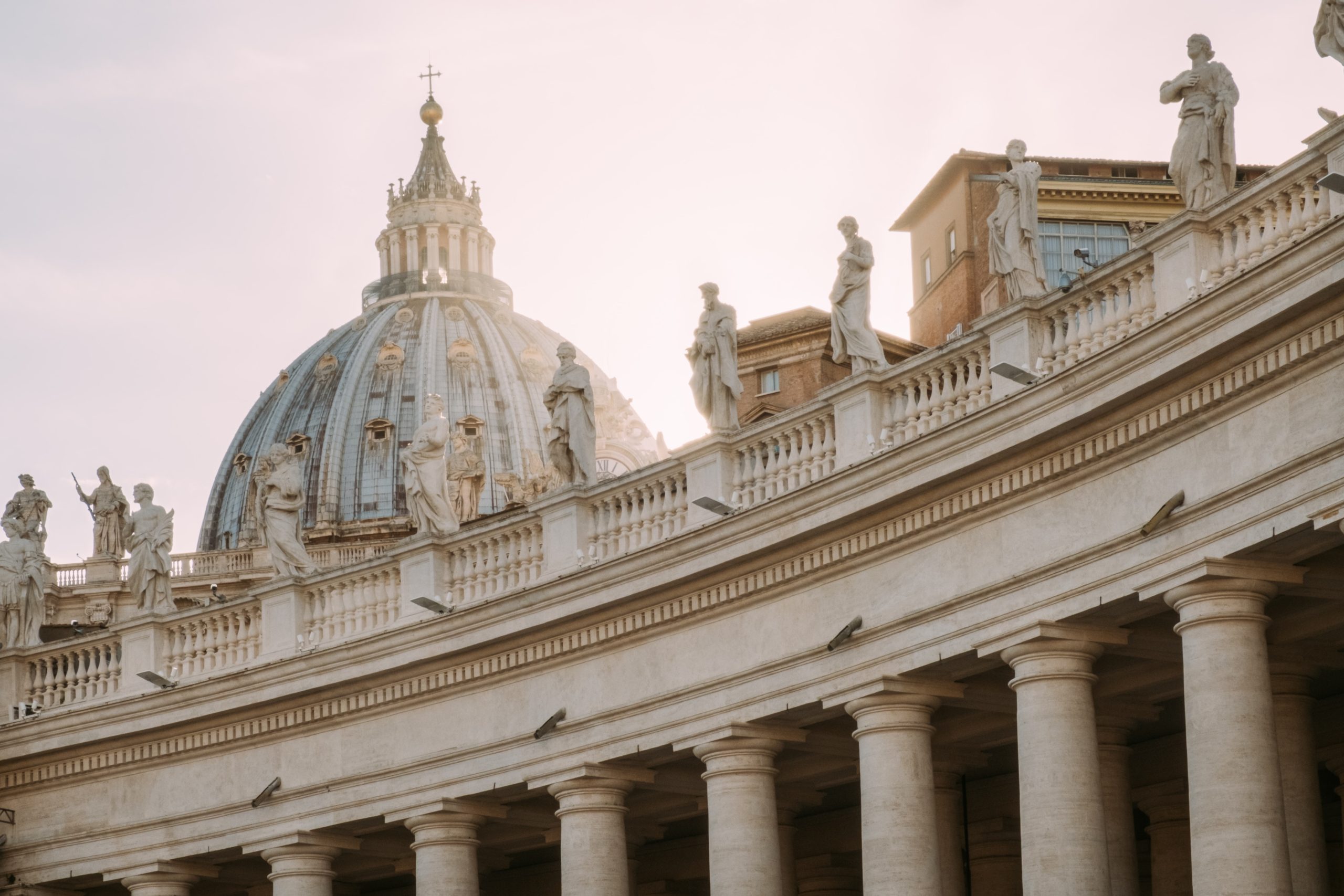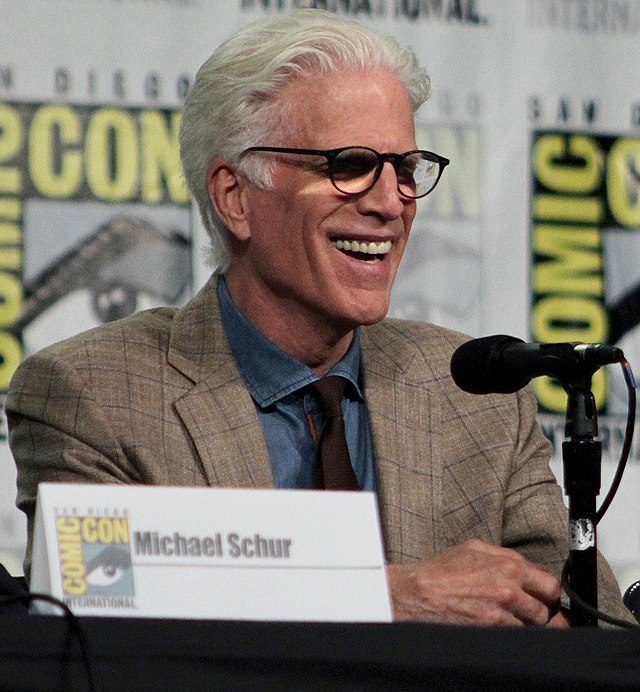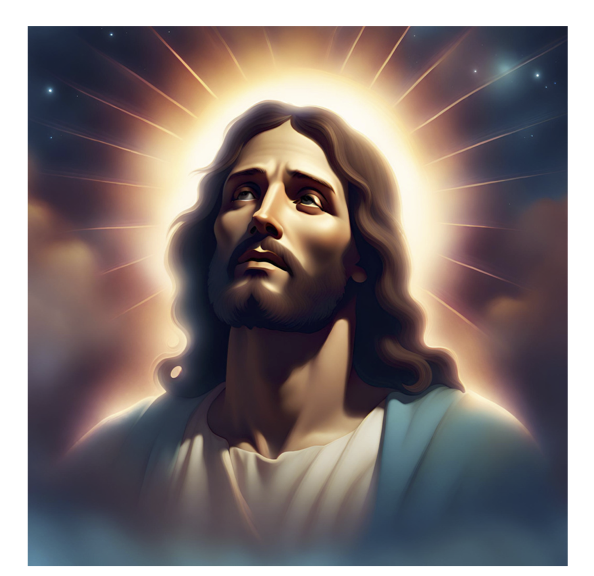-
Moved to Substack
I have moved the blog to substack. Please go to https://molinism.substack.com to see my new posts.
-
Review of Gavin Ortlund’s What it Means to be Protestant

Is Protestantism truly the most “catholic” form of Christianity? This question is a central theme of Gavin Ortlund’s recent book What it Means to be Protestant. Ortlund has, in the last few years, become one of the leading Protestant apologists in the English speaking world. His ministry Truth Unites seeks to “Promote Gospel assurance through…
-
The Problem of Evil and the Crucifixion

The problem of evil is without a doubt the most formidable argument against theism. While the argument takes many forms, it rests on a reasonable conviction that an all good, all powerful and all loving God would not allow all the evil in the world that we see. Perhaps he might have reason to allow…
-
Divinely Simple Apologetics

Many contemporary Protestant analytic philosophers of religion deny the doctrine of divine simplicity (DDS). While DDS was historically the predominant Christian view of God’s nature, it has in recent centuries become controversial among Protestant philosophers and theologians. The typical objections to DDS include things such as 1) the doctrine is unintelligible, 2) the doctrine removes…
-
Peter Singer Forgets Boethius

What makes human beings so special? As Catholics, we often take for granted that humans beings have a special status in the world because we are made in the image of God. As such, human beings are fundamentally different kinds of things from other animals. In recent years however, this position has been critiqued by…
-
Middle Knowledge and “The Good Place”

NBC’s The Good Place which aired for four seasons from 2016-2020 was one of the few televisions show on air in recent years that focused explicitly on moral philosophy. As such, the show offers a number of points on which Christians can engage with the philosophy and theology of the show to see its insights…
-
The Fruits of Sola Scriptura: A Rebuttal to a Common Protestant Response

Catholics often point to the wide variety of Protestant churches as evidence that the Reformation principle of sola scriptura, by scripture alone, is an unworkable standard that leads to infinite fragmentation and division within the church. Protestants of course have responses to this objection. One prominent response which I will rebut here is that while…
-
James White vs. Dale Tuggy Debate Review

Yesterday evening, James White debate Dale Tuggy on the topic “Is Jesus Yahweh?” at First Lutheran in Houston. White argued on the affirmative while Dale Tuggy, perhaps the most prominent American Unitarian, argued for the negative. While I am by no means an objective observer, in my view White won the day and Tuggy’s case…
-
Universalism and Non Resistant Non Belief

Do non resistant non believers disprove God? Not if we take these things into account…
-
One Possible Explanation for “Non-Resistant” Non Believers

The argument from divine hiddenness is perhaps the second most commonly used and most powerful argument against the existence of God. One form of the argument appeals so so called “non-resistant” non believers, i.e. people who lack a belief in God not due to self deception and often in spite of honest search. An example…